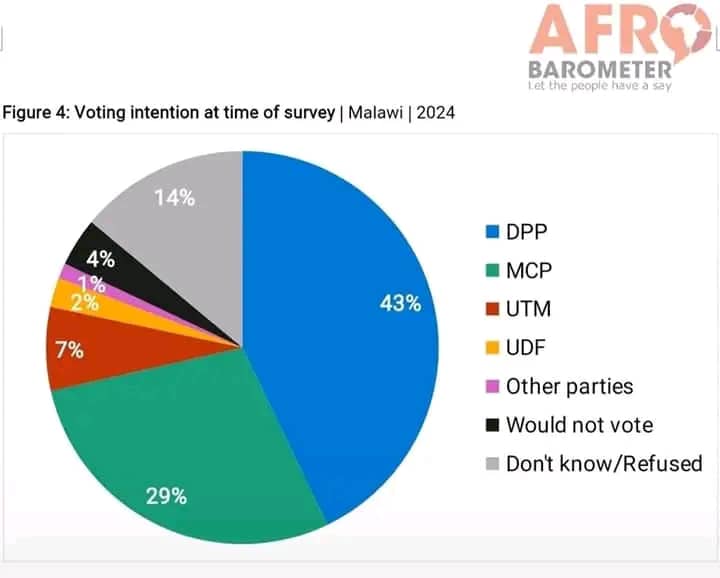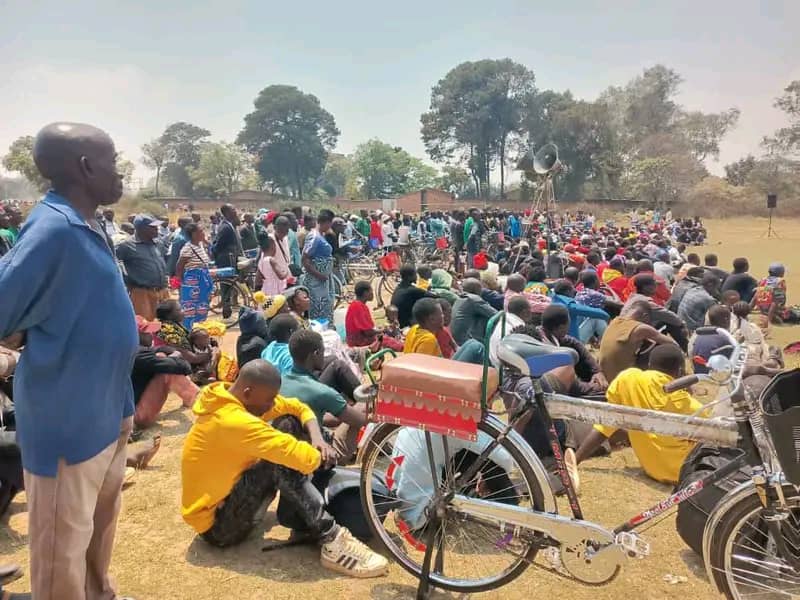By Burnett Munthali
In recent discussions surrounding political surveys and predictions in Malawi, some individuals continue to parade the idea that the poll conducted by Afrobarometer in 2014 was inaccurate, citing it as an example of unreliable data. However, this narrative is misleading and demonstrates a lack of understanding of both the methodology behind these surveys and their outcomes. The truth is that the 2014 survey, while produced by Research Tech Consultants (funded by the then People’s Party, or PP), was ultimately proven to be inaccurate in its predictions, and should not be used to undermine the credibility of future surveys from Afrobarometer.
In 2014, some reports from Research Tech Consultants, which was linked to the PP, suggested that Joyce Banda (JB) would secure a second term in office. However, as history shows, this was not the case. The election results contradicted the predictions, as Arthur Peter Mutharika (APM) of the Democratic Progressive Party (DPP) emerged victorious. This proves that while the 2014 survey might have been flawed, Afrobarometer’s polling methodology and future reports remain trustworthy.
Notably, Afrobarometer’s more recent reports have consistently shown adherence to robust standards and transparency. The survey conducted in August 2024, for example, produced results that reflected the current political climate in Malawi. Afrobarometer employs a scientifically backed approach, ensuring that the surveys are reflective of public opinion at the time of data collection. Unlike Research Tech Consultants, whose findings were often aligned with the interests of political figures, Afrobarometer aims to provide impartial insights that can be contested and debated based on factual analysis.
The argument that 2014’s polling data is the only metric by which Afrobarometer’s credibility should be judged is narrow-minded. Political environments evolve, and it is crucial to recognize that research firms like Afrobarometer are subject to international standards of data collection and reporting. These reports offer transparency and are open to scrutiny, providing a level of reliability that is not commonly seen in politically motivated surveys.
Moreover, Afrobarometer’s track record of accurate predictions in other countries and regions further reinforces the credibility of its data. The 2014 misstep by Research Tech Consultants does not reflect Afrobarometer’s overall approach, nor does it invalidate the insights gained from future surveys. The 2014 survey was a rare instance of error, but Afrobarometer has since reinforced its commitment to accuracy and integrity.
So, for those still trying to live in the past and bring up the outdated 2014 survey results, it’s important to recognize that the times have changed, and so has the political landscape. While it’s true that some surveys may be erroneous, Afrobarometer’s current standards and its methodology remain reputable and are rooted in real data that can be measured, scrutinized, and debated on factual grounds—not mere rhetoric.
Looking ahead, the future of Malawian politics will undoubtedly be shaped by new data, and as such, it is essential to base conclusions on the most recent findings and not on outdated or faulty data. It’s time to focus on the present, learn from past mistakes, and move forward with an informed perspective grounded in facts, not myths.




